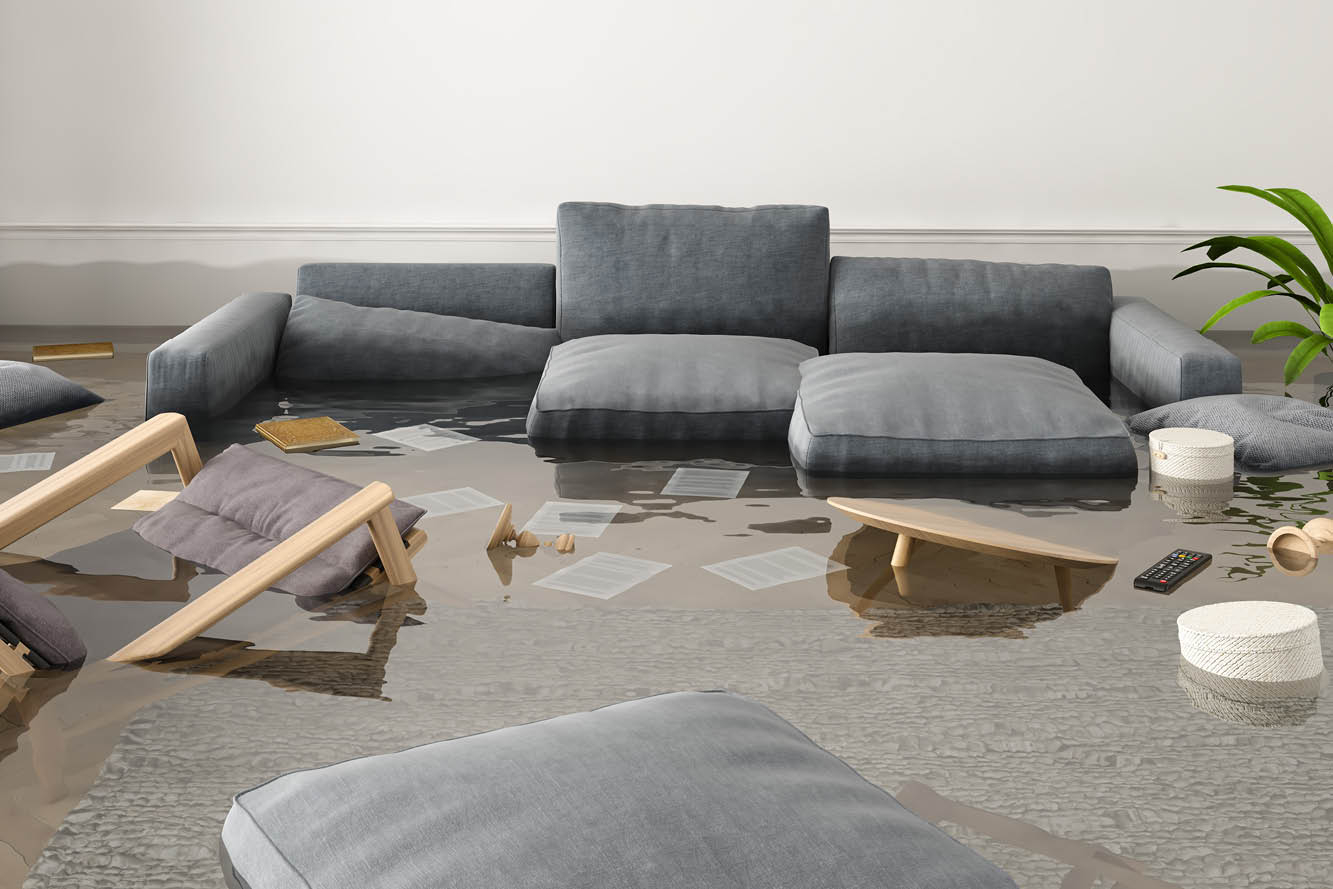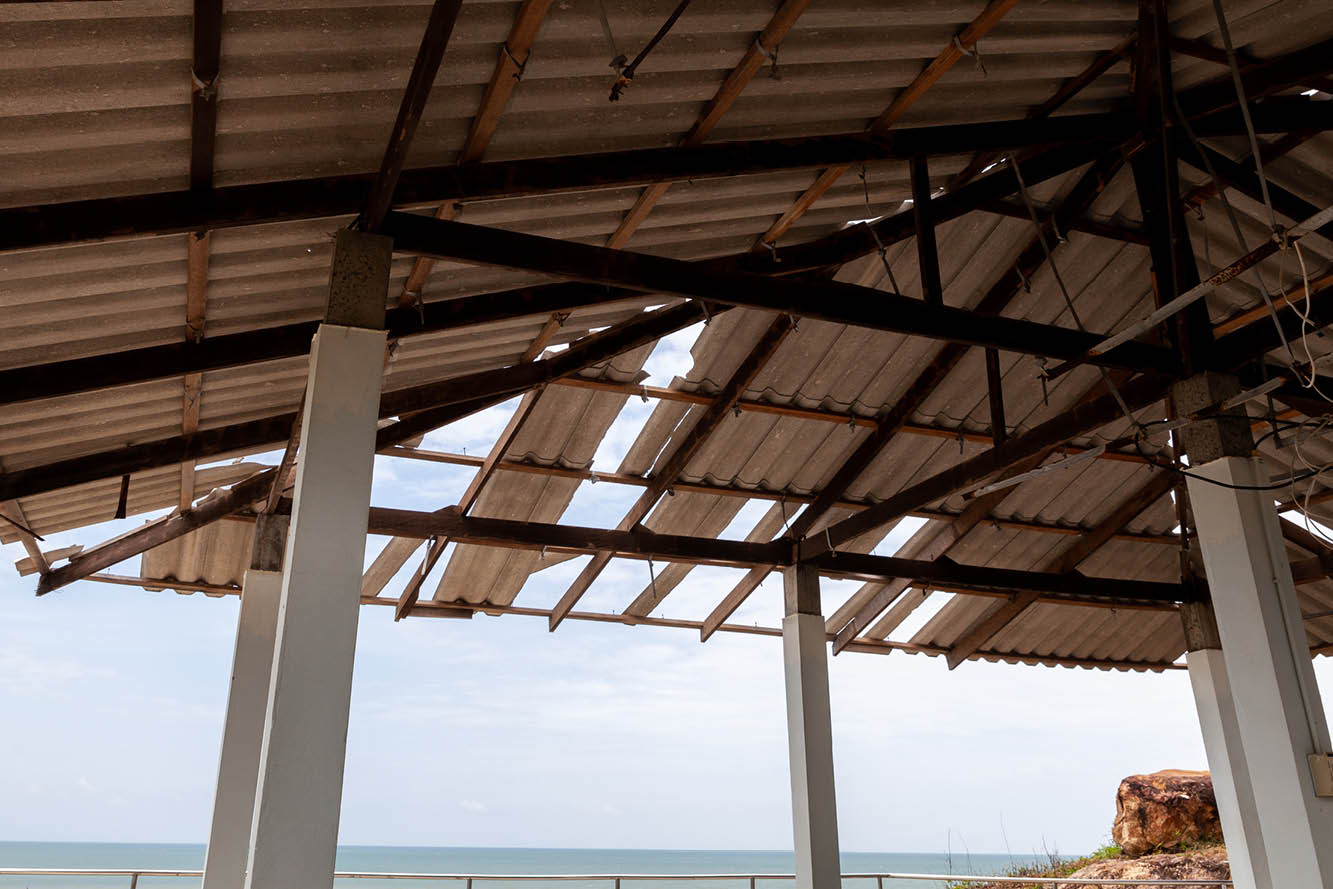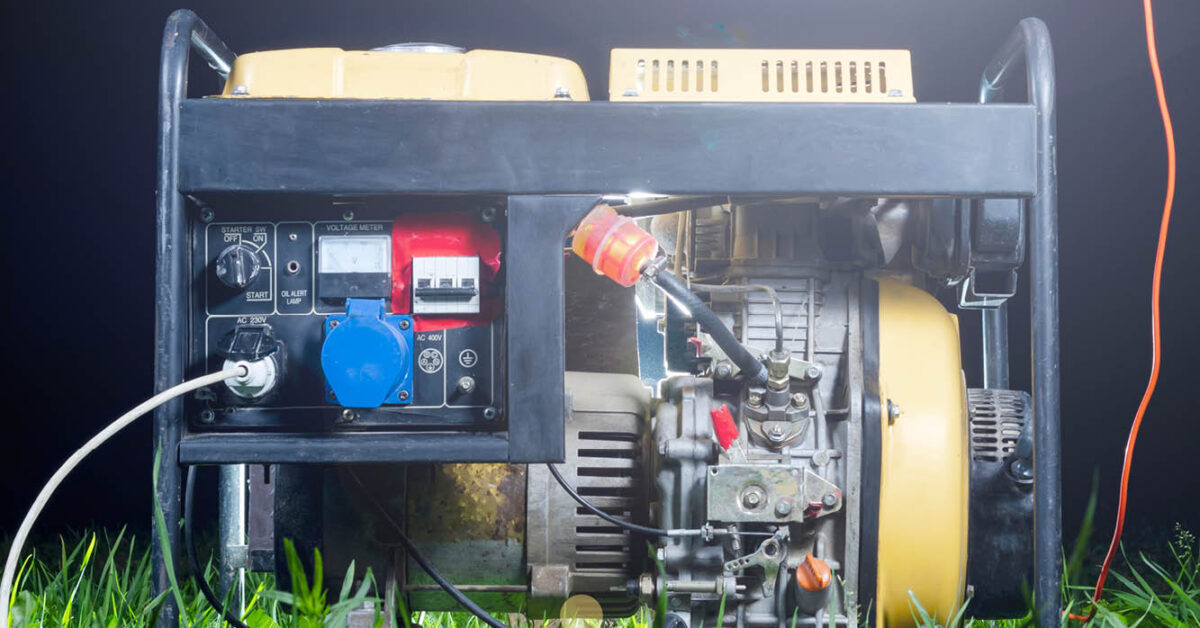
Prep and Protect Your Property
May 2021
Making Sense of Homeowners Insurance
May 2021Know the Facts to Protect Yourself and Your Family
As most of us learned last year in the aftermath of back-to-back hurricanes, a generator can definitely come in handy after a severe storm. But for safety, they need to be used with caution. According to a September 2020 NPR article, eight of the 15 Hurricane Laura-related deaths confirmed by the Louisiana Department of Health were attributed to carbon monoxide (CO) poisoning from portable generators. Generators create fumes of carbon monoxide, a colorless, odorless gas that can build quickly in enclosed spaces. At certain levels, just five minutes of exposure is enough to be fatal. Managers at GenSet Enterprises, LLC in Sulphur say it is imperative that generator users understand and be educated on how to operate and maintain their generator, especially on long-term outages such as with last year’s hurricanes.
When using a generator, follow these safety measures:
- Determine what size generator you need.
- Add up the power requirements of the appliances and devices you will want to use. Check the back and sides for a label with this info.
- Add up the wattage of all the light bulbs you will want to use
- Find the total amps you need by dividing watts by volts.
- Choose a generator that produces more amps than you need. Some machines draw up to three times as much power when starting up, and others lose efficiency over time. Often, the best option is a permanently installed stationary generator.
Safe Home Generator Usage:
- The primary hazards to avoid when using a generator are carbon monoxide poisoning from the toxic engine exhaust, electric shock or electrocution, and fire. GenSet encourages users check the oil level and shut down the generator properly at regular intervals. Users should also keep enough generator supplies, including oil, air filters, oil filters, batteries, spark plugs, etc., on hand for at least two maintenances for emergency situations and keep their generator manual close by for instructions on how to maintain their generator in long power outage situations.
- To avoid electrocution, keep the generator dry and do not use in rain or wet conditions. Operate it on a dry surface under an open canopy-like structure, such as under a tarp held up on poles. Do not touch the generator with wet hands.
- Turn the generator off and let it cool down before refueling. Gasoline spilled on hot engine parts could ignite.
- Store fuel for the generator in approved safety cans. Use the type of fuel recommended in the instructions or on the generator label. Local laws may restrict the amount of fuel you may store, or the storage location. Ask your local fire department. Store the fuel outside of living areas in a locked shed or other protected area. To guard against accidental fire, do not store it near a fuel-burning appliance, such as a natural gas water heater in a garage.
- Plug appliances directly into the generator, or use a heavy duty, outdoor-rated extension cord that is rated (in watts or amps) at least equal to the sum of the connected appliance loads. Check that the entire cord is free of cuts or tears and that the plug has all three prongs, especially a grounding pin.
- Never try to power the house wiring by plugging the generator into a wall outlet. Known as “backfeeding,” this practice puts utility workers, your neighbors, and your household at risk of electrocution.
- Remember, even a properly connected portable generator can become overloaded, resulting in overheating or generator failure. Be sure to read the instructions.
- If necessary, stagger the operating times for various equipment to prevent overloads.
Prevent Carbon Monoxide Poisoning When Using a Generator:
- Never use a generator, grill, camp stove or other gasoline, propane, natural gas or charcoal-burning devices inside a home, garage, basement, crawl space, or any partially enclosed area.
- Keep these devices outdoors, away from doors, windows and vents that could allow carbon monoxide to come indoors.
- Opening doors and windows or using fans will not prevent CO buildup in the home. Although CO can’t be seen or smelled, it can rapidly lead to full incapacitation and death. Even if you cannot smell exhaust fumes, you may still be exposed to CO. If you start to feel sick, dizzy, or weak while using a generator, get to fresh air RIGHT AWAY – DO NOT DELAY.
- Install CO alarms in central locations on every level of your home and outside sleeping areas to provide early warning of accumulating carbon monoxide. Test the batteries frequently and replace when needed.
- If the carbon monoxide alarm sounds, move quickly to a fresh air location outdoors or by an open window or door. Call for help from the fresh air location and remain there until emergency personnel arrive to assist you.
For more information, contact Gen-Set at 337-583-2184.
Safety tips listed in this article provided courtesy of the American Red Cross.






